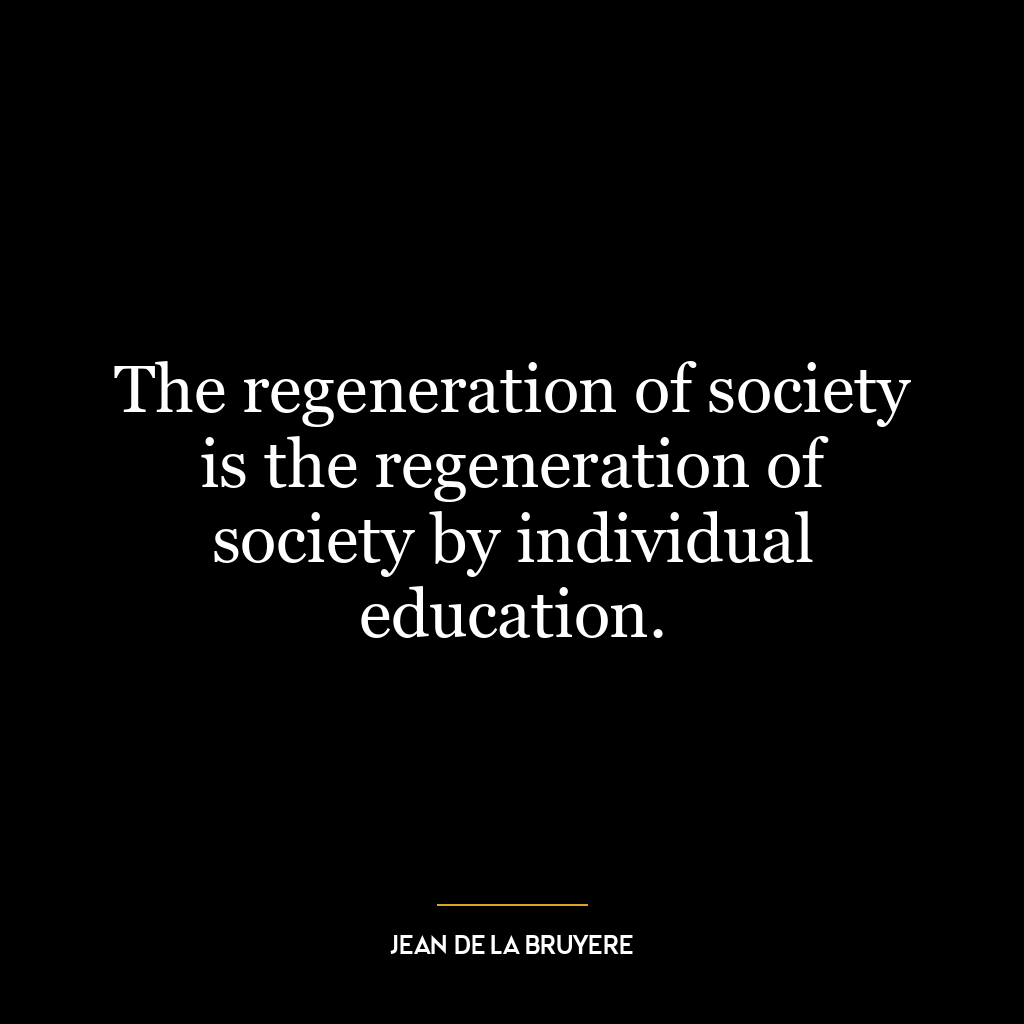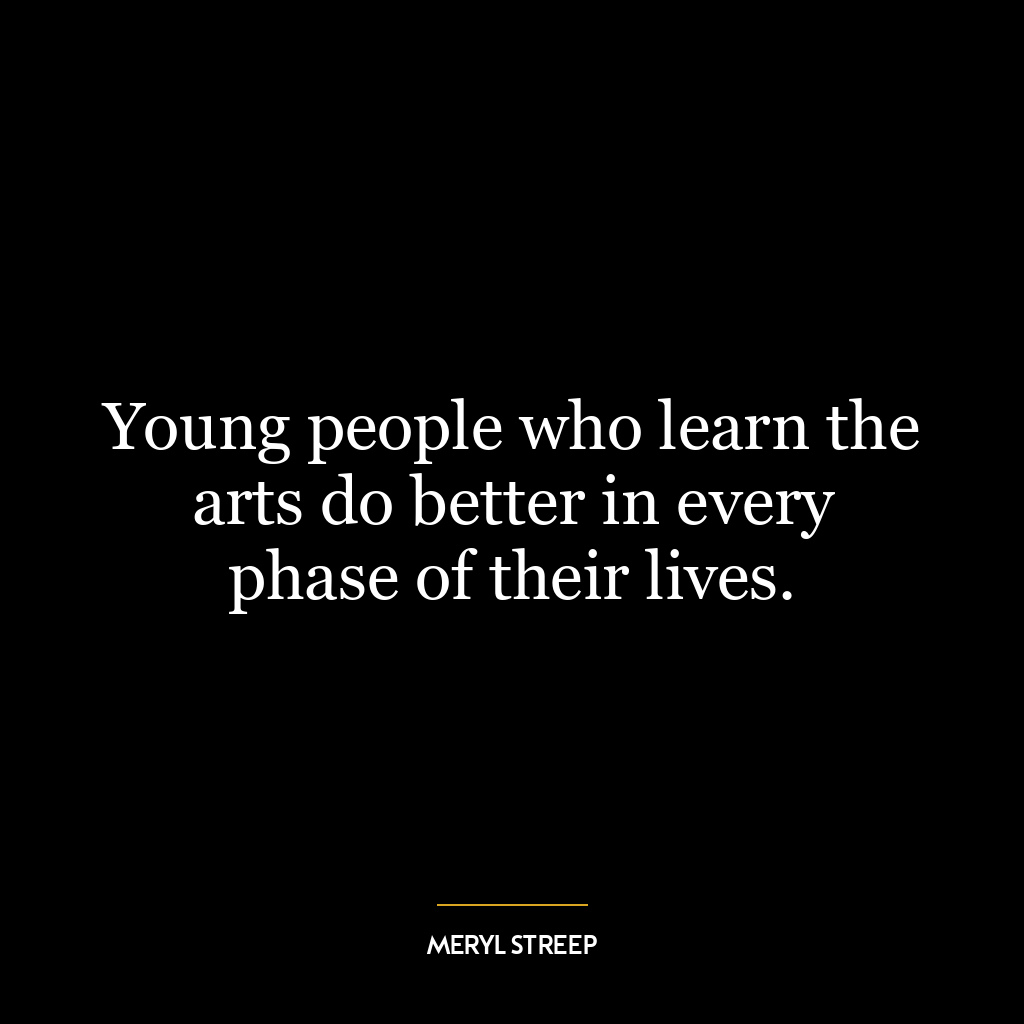National education to be truly national must reflect the national condition for the time being.
This quote emphasizes the idea that for education to be truly reflective of a nation, it must mirror the current state and conditions of that nation. In other words, education should not be a static or one-size-fits-all system but instead should adapt and evolve with the changing times, societal norms, cultural values, and economic conditions. It implies that an effective educational system is one that prepares its students to understand and navigate their contemporary world.
In terms of depth, this quote can also be interpreted as a call for contextual learning. It suggests that learning isn’t just about acquiring knowledge within the four walls of a classroom; it’s also about understanding how this knowledge applies to real-world situations. This kind of learning equips students with practical skills necessary for their survival in society.
Applying this concept in today’s world might involve incorporating current events and societal issues into school curriculums. For example, teaching students about climate change or social justice not only informs them about these pressing issues but also encourages them to think critically about solutions. Similarly, digital literacy is increasingly important in our technology-driven society; therefore schools need to adapt by teaching skills like coding or online safety.
In terms of personal development, Gandhi’s quote suggests we should continually update our knowledge base and skill set in response to changes around us – whether those are shifts in our industry at work or broader societal changes. We shouldn’t limit ourselves by what we learned years ago because what was relevant then might not be applicable now.
Gandhi’s quote underscores the importance of staying adaptable – both as individuals seeking personal growth and societies aiming for an effective educational system – because change is inevitable.










